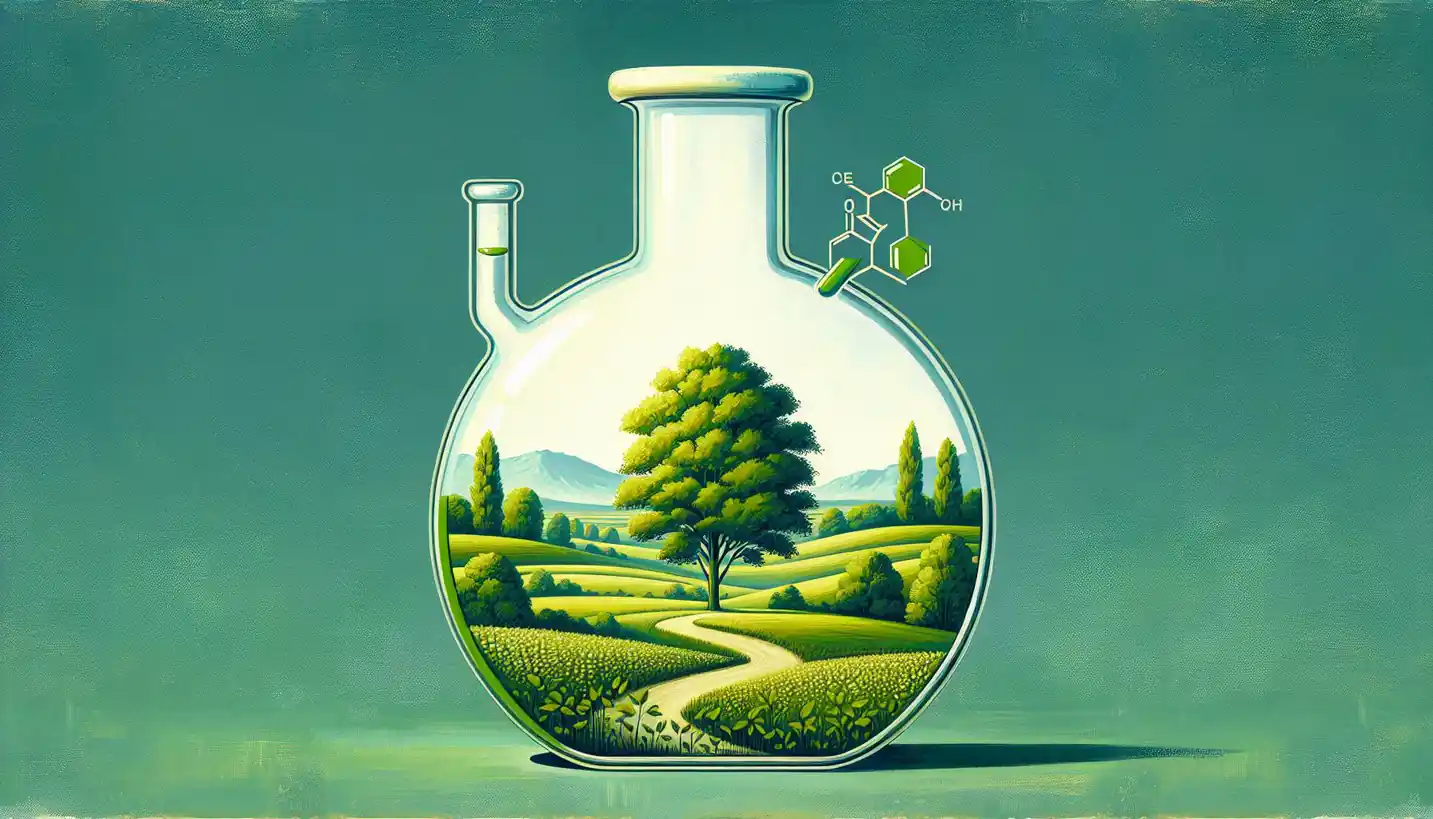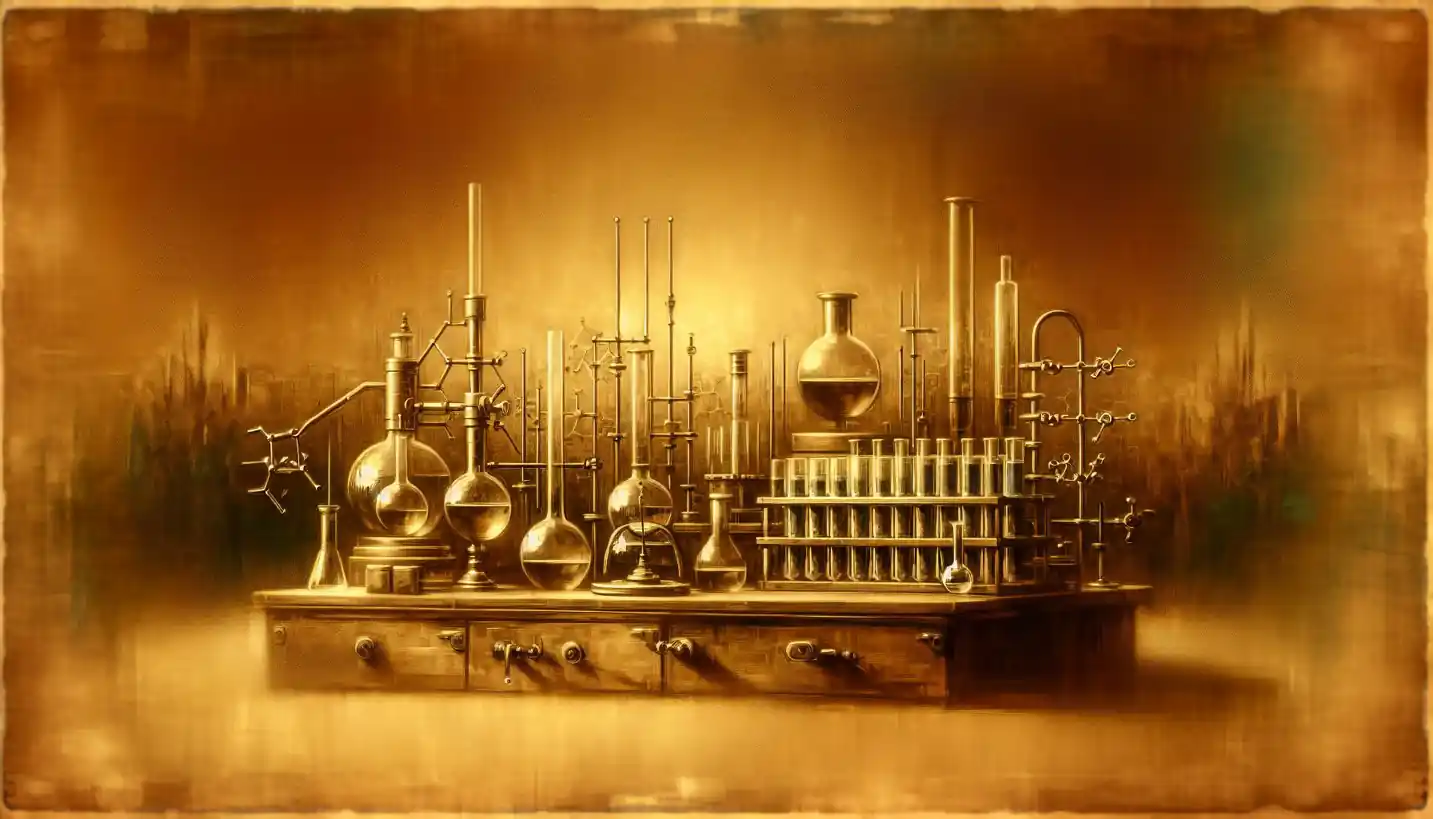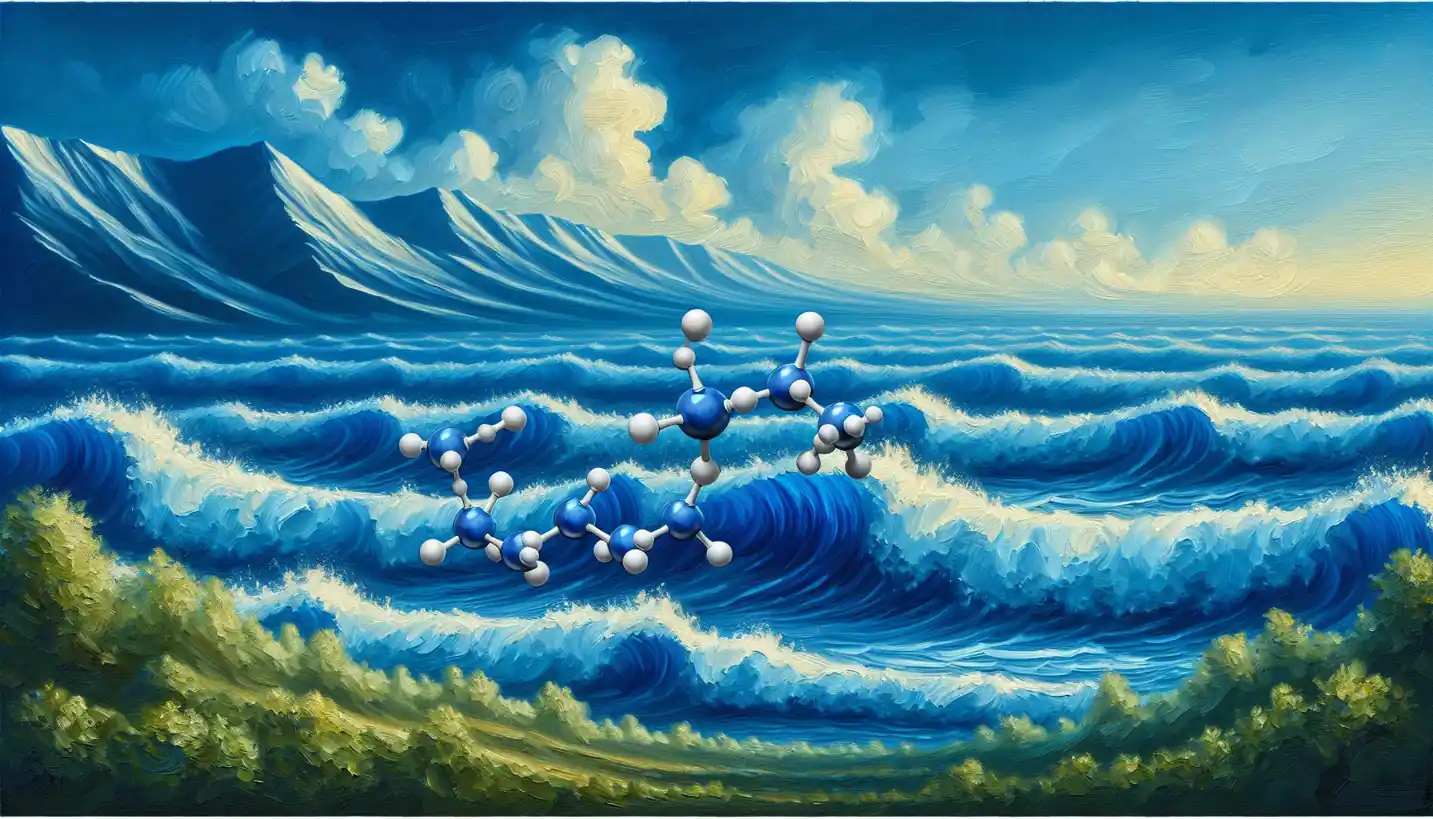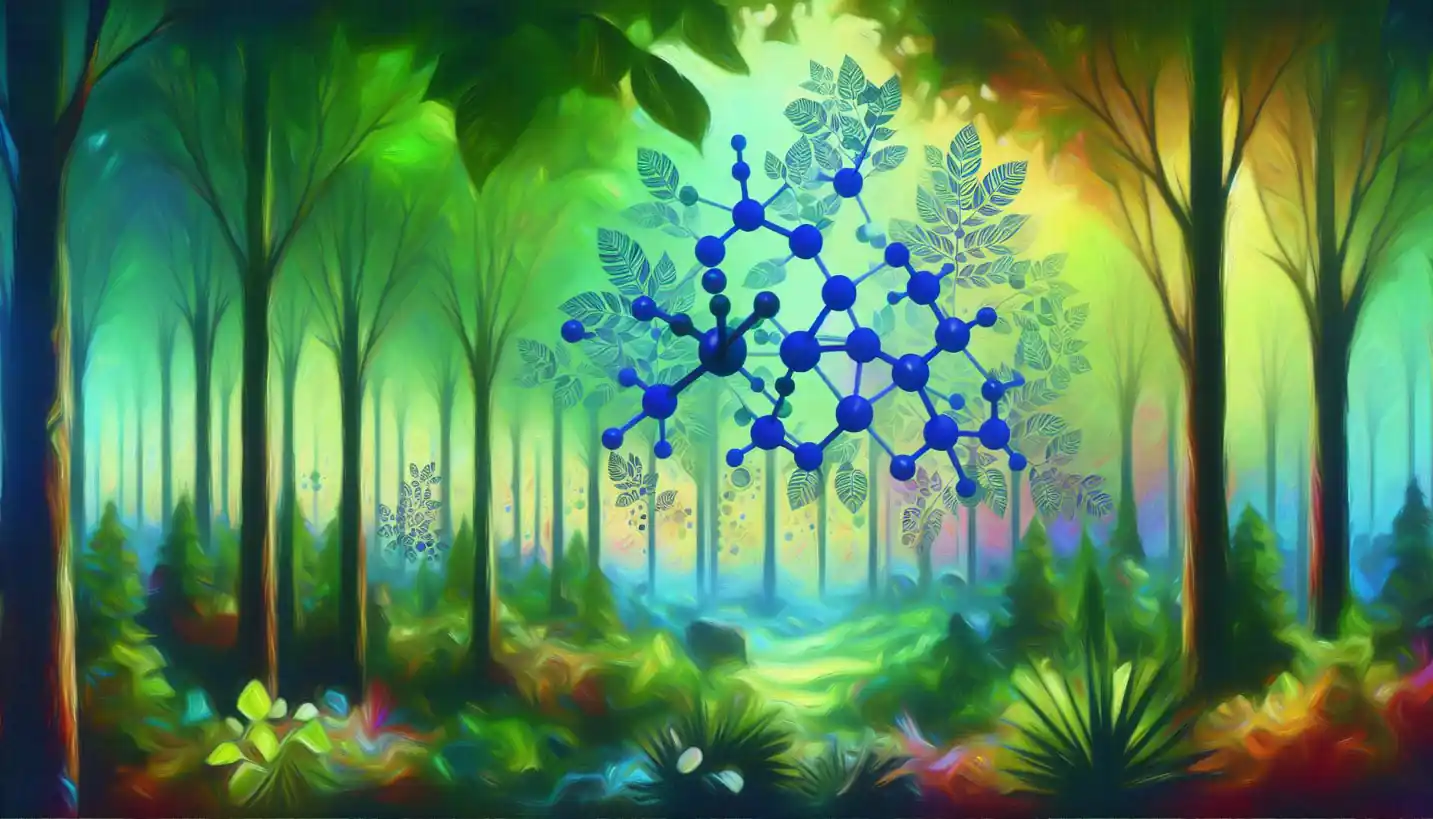· Chemistry · 4 min read
Chemical Engineering: The Heartbeat of Industrial Chemistry
Chemical engineering transforms raw materials into the products we need. Learn how this discipline is behind everything from fuels to food.

In the world around us, from the foods we eat to the clothes we wear, chemical engineering plays a silent but pivotal role. This field is the bridge that connects chemistry to large-scale production, making everyday products not only possible but affordable and sustainable. Let’s dive into the fascinating world of chemical engineering and its impact on industrial chemistry.
What is Chemical Engineering?
At its core, chemical engineering is the application of chemistry, biology, physics, and math to solve problems involving the production or use of chemicals. It’s about designing processes to transform raw materials into valuable products efficiently, safely, and sustainably. Think of chemical engineers as the master chefs of industry—they take raw ingredients and cook them up into something extraordinary.
The Birth of Chemical Engineering
Back in the 19th century, industries started to demand more from chemists than just mixing solutions in labs. They needed to scale up their processes for the manufacturing of everything from soap to explosives. Enter the chemical engineer—a new breed of problem solver who could think big, literally. This field emerged to meet the needs of large-scale chemical manufacturing, weaving itself into the fabric of industrial chemistry.
Key Concepts in Industrial Chemistry
Process Design and Optimization
Chemical engineers are like intricate puzzle solvers. They design processes to convert raw materials into products, considering both the technical and economic aspects. Optimization is a crucial part—ensuring processes are not only cost-effective but also environmentally friendly. Imagine trying to bake a cake not just for a family but for an entire city. It requires detailed planning, right? That’s what chemical engineers do, but with chemicals on an industrial scale.
Chemical Reactors
Picture a bustling kitchen full of pots and pans sizzling away. Chemical reactors are similar but on a much larger and controlled scale. These are vessels designed to contain chemical reactions and are at the heart of any chemical plant. Chemical engineers determine the best type of reactor to use for an efficient and safe reaction, considering factors like temperature, pressure, and catalyst presence.
Separation Processes
After reactions, products need to be purified. This is where separation processes come in. Think of making a smoothie and needing to separate pulp from juice—you need the right tools. Similarly, chemical engineers use techniques like distillation, filtration, and extraction to separate and purify products. These processes ensure the final product is consistent and meets quality standards.
Real-World Applications
Pharmaceuticals
In the pharma world, chemical engineering is vital. From synthesizing new compounds to scaling up production of life-saving drugs, these engineers ensure medications are made efficiently and safely. Moreover, they develop new methods to deliver drugs to patients, ensuring maximum effectiveness.
Petrochemicals
The production of fuels and lubricants from crude oil is another playground for chemical engineers. They design processes for refining oil and are continually innovating to make these processes cleaner and more efficient. It’s like turning rough, uncut rocks into polished diamonds.
Food and Beverages
From the soft drinks we enjoy to the packaged foods that fill our shelves, chemical engineering ensures these products are produced on a massive scale. They work to enhance flavors, preserve food, and ensure safety—making sure that the carbonated soda you love has just the right fizz every time.
Future Directions
Sustainable Processes
As our world becomes more conscious of environmental impacts, chemical engineering is shifting towards greener practices. Engineers are developing methods to replace harmful chemicals, reduce waste, and recycle by-products. For example, creating biofuels from agricultural waste is an area of intense research, turning potential pollution into a source of energy.
Nanotechnology
The field of nanotechnology offers exciting possibilities for chemical engineering. From targeted drug delivery systems that minimize side effects to creating stronger, lighter materials for construction, the potential applications are endless. Imagine materials that can repair themselves—this is the frontier where chemical engineers are heading.
The Importance of Chemical Engineering
Chemical engineering is essential for sustaining modern life. It not only helps produce goods efficiently but also plays a crucial role in tackling global challenges like climate change and pollution. By innovating cleaner technologies and optimizing processes, chemical engineers are key players in building a more sustainable future.
Conclusion
Chemical engineering, at the heart of industrial chemistry, is more than just science; it’s an art. It’s about creativity in solving complex problems and shaping the world we live in. As we look to the future, the role of chemical engineers will become even more critical. With their expertise, they will continue to innovate, ensuring our industries are efficient, safe, and sustainable for generations to come.


